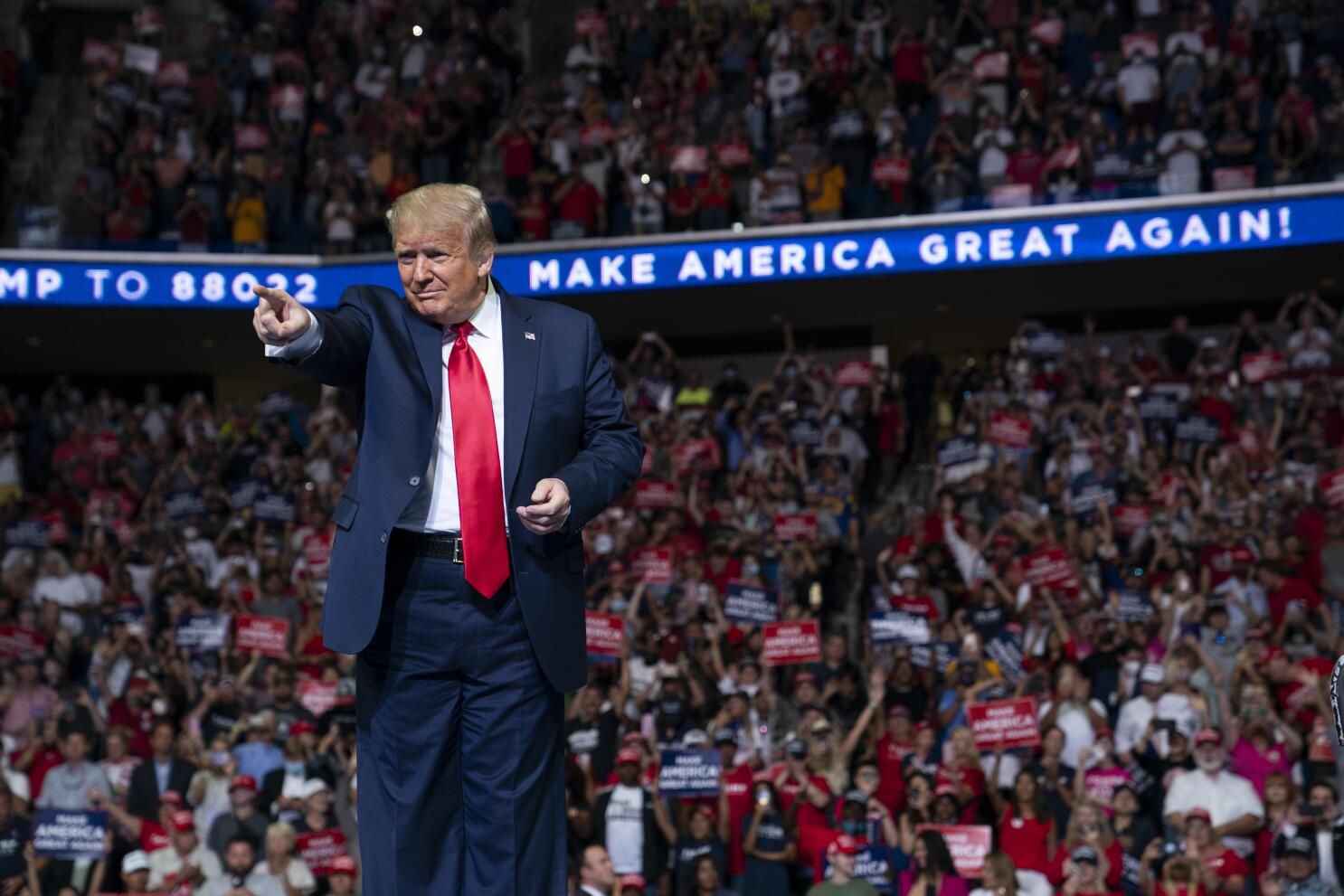Unauthorized Use of Music at Trump Rallies Sparks Artist Backlash
Unauthorized use of Foo Fighters' song at Trump rally sparks backlash, raising copyright and ethical questions.

In recent events, former President Trump’s campaign has caused another backlash for the unauthorized usage of music. In the Glendale rally, Arizona, the band Foo Fighters’ 1997 hit “My Hero” was played without the band’s permission as Robert F. Kennedy Jr. announced his endorsement to the recently cancelled independent presidential candidate, Trump. This event has been a part of the series of controversies where artists express their objection to the usage of their works at Trump’s campaign events. Regarding the prestigious rock band’s immediate reaction, Foo Fighters promptly stated that they did not give permission to use their song and if they receive royalties for the event, they will donate them to the Harris/Walz campaign. This statement is consistent with those made by Celine Dion and the estate of Isaac Hayes, who raised concerns about their music being associated with Trump’s political activities in the past. Therefore, the latest controversy triggers many questions, hundreds of legal debates about copyright infringements and, most importantly, profound ethical dilemmas about the unauthorized use of artists’ works.
The Trump campaign has always been able to stand on the defense line by claiming that he had a license for Foo Fighters’ song through the BMI’s Songview. However, this cannot satisfy the owners and their publicity crews, as they reject the idea of licensing their music to Trump’s campaign and becoming associated with their political actions. The ongoing debate highlights the deep ethical problems of commercial usage of creative works without the explicit consent of the owners, especially when it comes to politically-related campaigns. It also indicates a serious issue about the potential legal custody over these controversies. The unethical and unauthorized usage of music affects both the artists and the cultural environment on a broader scale, as it depicts the creators’ personal and the work’s contexts for the sake of a massive political campaign. Thus, the people who respect the artists’ personalities and their political attitudes can lose their interest and support for the campaign, and the problem will escalate in the upcoming 2024 campaign. Accordingly, one cannot view these debates independently from the future trends defining the music and broader cultural industries and the legal, ethical, and political problems they encounter. Whether these issues will be resolved through more aggressive copyright policies, frequent legal activities on the behalf of the artists and their management crews, or through more respectful relationships between the political campaigns and the music industry, the outcome will define the future of cultural and political events.
As there are at least a hundred such cases of unauthorized music usage by Trump’s campaign, the issues raised by the newly created controversy are thousands of legal debates and millions of questions about the music industry. It is still uncertain whether these problems will pave the way to aggressive copyright enforcement and legal activities against the unjustified commercialization of works and careless usage of their contexts for political benefit. The debate has been deepening substantially, especially with the evolving political environment, and the solution found will determine the future of music and politics in the upcoming decade. Only time can reveal whether there will be new conflicts or the industry will learn to cooperate with campaigns without causing such issues.


